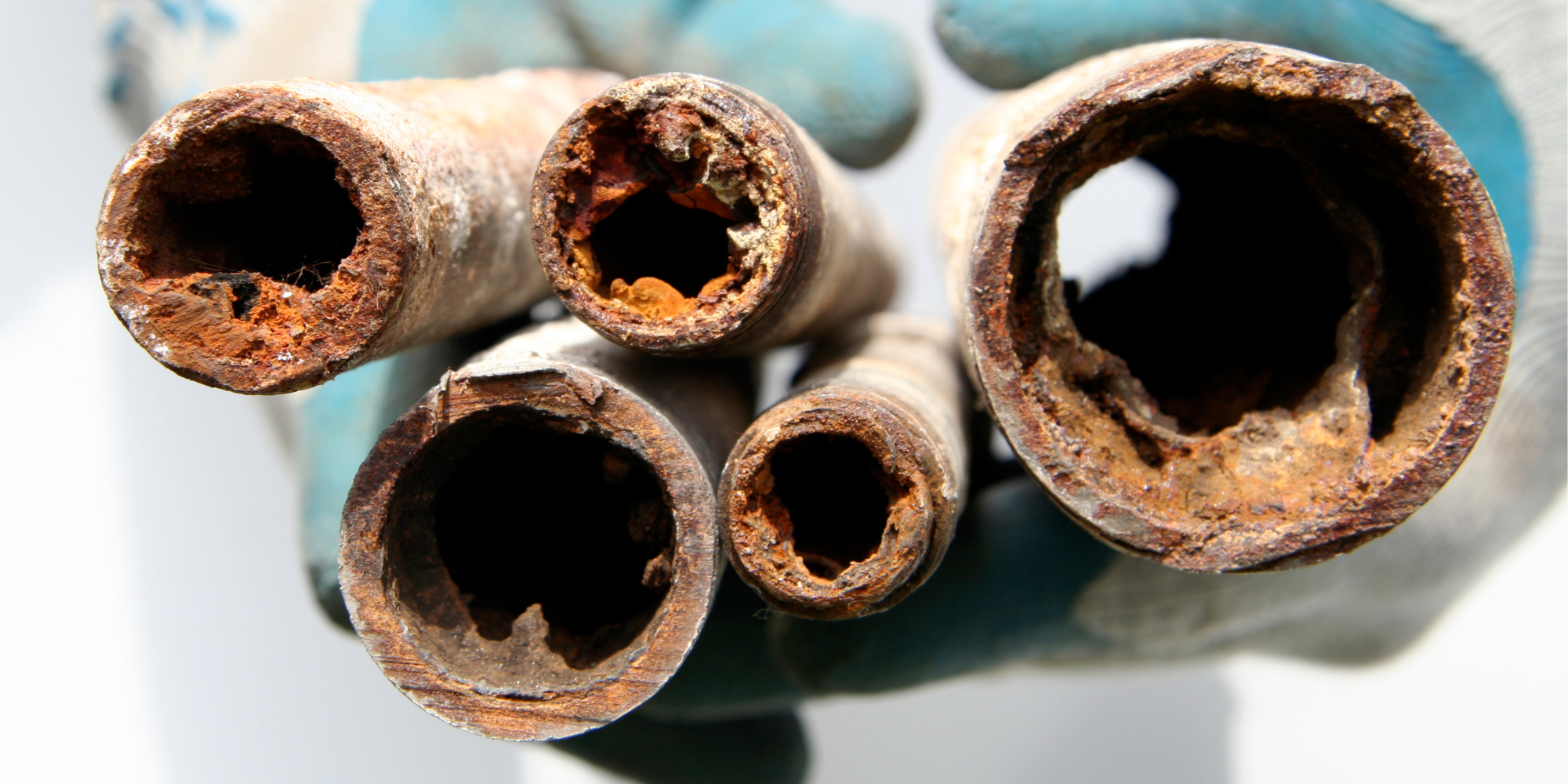Spring Drain Cleaning Tips to Prevent Clogs & Backups
As the snow melts and the temperatures rise in Cheyenne, WY, it’s the perfect time to give your plumbing system some much-needed attention. After a long winter, your drains may be full of debris, grease, and buildup that could lead to clogs and backups. Taking a proactive approach with spring drain cleaning can save you from messy, costly plumbing issues down the road.
At Marv’s Plumbing & Heating, we’ve seen firsthand how a little preventative maintenance goes a long way. Here are some effective tips to keep your drains clear and flowing freely this spring.
🚰 1. Clean Your Sink and Shower Drains
Kitchen and bathroom drains endure a lot of wear and tear. Hair, soap scum, grease, and food particles can gradually accumulate, slowing the flow and eventually causing clogs.
✅ How to Clean Them:
Remove the drain stopper and clear away any visible gunk or hair.
Mix 1/2 cup of baking soda with 1/2 cup of vinegar and pour it down the drain. Let it sit for 15-30 minutes before flushing with hot water.
For stubborn clogs, use a plunger or a drain snake to clear the blockage.
Pro Tip: Avoid using chemical drain cleaners, as they can damage your pipes over time.
🍃 2. Clear Outdoor Drains and Gutters
Spring showers can quickly overwhelm clogged outdoor drains and gutters, leading to water pooling around your foundation or in your yard.
✅ How to Maintain Them:
Clear away any leaves, twigs, and debris from your gutters and downspouts.
Use a garden hose to flush the downspouts, ensuring water flows freely.
Inspect outdoor drains for blockages and clear any obstructions.
Pro Tip: Install gutter guards to reduce the amount of debris that collects in your gutters.
🛁 3. Flush Your Drains with Hot Water
A simple yet effective way to prevent buildup in your pipes is by regularly flushing them with hot water. This helps remove minor grease and soap deposits before they become problematic.
✅ How to Do It:
Once a week, boil a pot of water.
Slowly pour the water down the drain in two or three stages, allowing it to work through the pipes.
This is particularly helpful for kitchen sinks, which often collect grease and oil residue.
💧 4. Watch What You Put Down the Drain
One of the easiest ways to prevent clogs is to be mindful of what you’re rinsing down your sinks. Certain items are notorious for causing blockages.
🚫 Never put the following down your drain:
Grease, fats, or oils (they harden and block pipes)
Coffee grounds (they clump together and form clogs)
Eggshells or starchy foods (they can create sticky buildup)
Flushable wipes (despite the label, they don’t break down properly)
Pro Tip: Use a sink strainer in your kitchen to catch food particles before they enter the drain.
🛠️ 5. Check for Slow Drains or Gurgling Sounds
If you notice slow drainage, foul odors, or gurgling noises, these could be early warning signs of a clog or sewer line issue.
✅ How to Identify the Problem:
Run water in all sinks and showers, checking for slow drainage.
Listen for unusual gurgling sounds, which can indicate a blockage.
If multiple drains are slow, it may signal a more significant sewer line issue.
When in Doubt: If you notice these warning signs, it’s time to call a professional plumber to inspect and clear the line before it leads to a messy backup.
🌿 6. Use Enzyme Cleaners for Regular Maintenance
For ongoing drain care, consider using an enzyme-based cleaner once a month. These products use natural bacteria to break down organic matter in your pipes without causing damage.
✅ How to Use It:
Pour the enzyme cleaner into the drain at night when the plumbing system is less active.
Let it sit overnight for the best results.
Run hot water in the morning to flush the drain.
Pro Tip: Unlike harsh chemical cleaners, enzyme-based products are safe for septic systems and won’t corrode your pipes.
🔧 7. Schedule a Professional Drain Cleaning
While DIY drain cleaning is effective for minor clogs and maintenance, a professional cleaning is the best way to ensure your entire system is clear and functioning properly.
✅ Benefits of Professional Drain Cleaning:
Removes deep blockages that home remedies can’t reach.
Clears tree root intrusion in outdoor lines.
Improves drainage efficiency and prevents future backups.
Identifies any potential issues before they become costly repairs.
At Marv’s Plumbing & Heating, we use advanced equipment, such as hydro-jetting and camera inspections, to thoroughly clean and diagnose your drains.
💡 Final Thoughts
Spring is the ideal time to tackle drain cleaning and maintenance. By following these tips, you can prevent clogs, avoid unexpected plumbing emergencies, and keep your home’s plumbing system in top shape.
If you’re in Cheyenne, WY, and need professional drain cleaning, repair, or inspection, trust the experts at Marv’s Plumbing & Heating. We’ll help you keep your drains flowing smoothly all season long.

